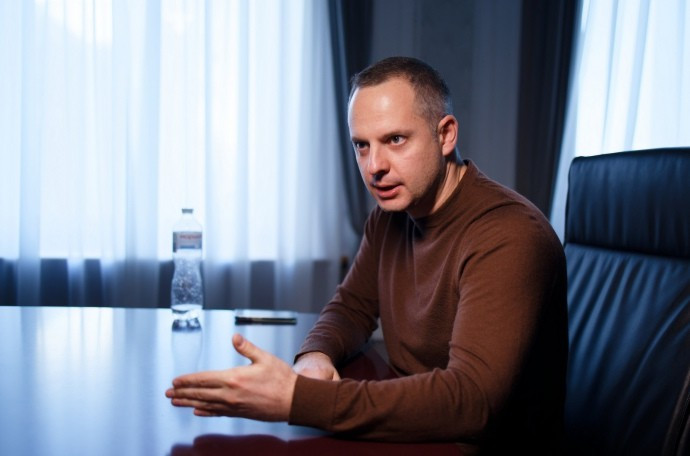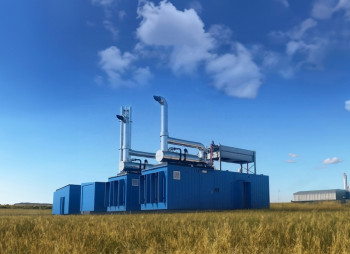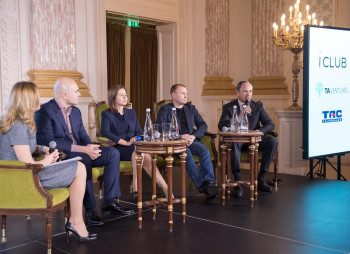The wartime situation, which significantly differs from the previous year expectations, causes the lack of appetite among international private investors in Ukraine and requires a move to plan B in order to mitigate investment risks instead of preparations for and discussions of hypothetical recovery plans, Deputy Head of the Office of the President of Ukraine Rostyslav Shurma has said.
"We understand that, honestly speaking, today we can see a zero appetite for private commercial investment in Ukraine. The main deterrents are uncertainty and war risks. It is obvious that the only solution is NATO, but it is unavailable. This means we should go with plan B and offer something right now instead of hypothetically discussing the beginning of some post-war recovery," he said at a panel discussion at Ukraine House Davos organized by the Victor Pinchuk Foundation, Horizon Capital and WNISEF on Thursday.
The official recalled what the situation was like a year ago when development and recovery plans were being made and the mood was completely different: Kharkiv region and Kherson were returned, everyone hoped Ukraine would advance very promptly and take back most of the occupied territories over a year, conclude agreements on security guarantees and prepare for a large-scale recovery program.
However, today investors are not ready to invest their capital, and 95% explain this by uncertainty and absolutely prevailing war risks, he said.
The deputy head of the President's Office said that in such a situation he sees three possible solutions that can conceptually mitigate the risks. The first one is various types of sovereign guarantees for private investment, which Denmark and Germany are already starting to provide, and a corresponding pilot project is already available. The second solution is various mechanisms involving international financial institutions, such as the EBRD, IFC or MIGA, when the state is not ready to provide sovereign guarantees, and these institutions can offer certain products. The third option is to develop commercial products that are not yet presented on the market that could provide insurance coverage at an affordable price.
Answering a question about preparations for the Ukraine Recovery Conference in Berlin on June 11-12, Shurma noted that Ukraine will present the fulfillment of obligations on a very wide list of reforms agreed upon with the IMF and the European Union as well as plans to further improve the business climate.
He also said that technical documentation, utilities, regulation, land management, and local government permits remain the bottleneck, but serious improvements will be made here too.
According to the official, there are some problems with the rule of law, like in any other country, and Ukraine needs to correct them.
"It is not the business environment that is the main obstacle to doing business in Ukraine, but war risks and access to the [foreign] market. This is 90% of the problem. Just by implementing these reforms, just by fixing this, everyone should keep in mind that nothing will change until we correct the war situation and ensure long-term access to the market, these are two absolutely important things," Shurma said.
Answering a question about the investment prospects of the defense sector, the official noted that Ukraine has many competitive products, and up to a dozen products are among the top three in the world. He named, in particular, drones, the Stuhna-P anti-tank missile system, which is superior to the Javelin in all technical parameters and price, and Motor Sich aircraft engines for rockets and military aircraft.
"I think that we can receive a portfolio of long-term orders for four decades ahead, which will be a very good source for the Ukrainian economy in terms of financing these sectors," Shurma said, adding that this is a niche source of capital that is unlikely to be found in typical capital markets, but Ukraine is working on this.






